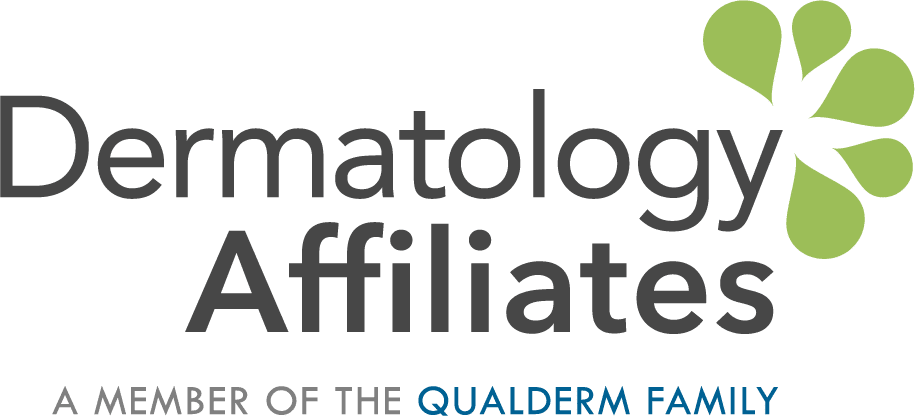Botox Bingo is a fundraiser for Big Brothers Big Sisters of Atlanta where you have 5 chances to win a Botox treatment! Come join us for an evening of complimentary food, beverages, and entertainment. Dermatology Affiliates Botox Bingo is a fun, exciting way...
What Michelle Obama and Power Posing Can Teach Us About Botox
Last week, a number of news outlets did what they always do and took a quote out of context to create controversy. Here is a screen shot of a Google search of “Obama Botox:”

The last result in this search even leads the reader to believe that Michelle Obama is “ready to try Botox…” Think Progress, quoted below, gives better insight into the context of these headlines.
“Mrs. Obama’s answer to a question about whether she would use Botox as she becomes older actually said more about her stance on female bodily autonomy than it did about plastic surgery. ‘Women should have the freedom to do whatever they need to do to feel good about themselves,’ she says. ‘Right now, I don’t imagine that I would go that route, but I’ve also learned to never say never.’”
Personally, if I am answering phones at a DC-area dermatologist, I’m not going to make any bets that she will be calling for an appointment. Nonetheless, having been a consumer and administrator in the world of dermatology for 10 years, I applaud Michelle Obama’s response.
The Think Progress article is focused on the sad truth that women are constantly asked questions about appearance and beauty. Although in part, I agree that it is unfortunate that female politicians are relentlessly quizzed about fashion and beauty choices, I have to say People magazine, where the original interview appeared, is a lifestyle magazine which was interviewing Ms. Obama about her upcoming 50th birthday. They also asked her about what kind of grandmother she imagined she would be one day. These are typical questions that People magazine is likely to ask of any of their interviewees, and they often run features exclusively on plastic surgery. If this were The Economist or even Newsweek, my inner academic feminist would share the point of view of the Think Progress article. However, People magazine’s audience is focused more on beauty and leisure than politics, and any interview can expect these kinds of questions given the context.
Regardless of whether we believe Obama should be asked about whether she would choose to use cosmetic dermatology, Obama’s response affirms cosmetic choices as personal and relatable. Although SHE may not choice to use Botox or other procedures, her statement indicates that she understands why other women do choose them, and that is “to feel good about themselves.” From my time working in a derm office (and amongst my peers) the women and men who choose cosmetic procedures are doing so to feel good about themselves. Rarely are our cosmetic patients “trying to stay young forever” or “trying to be a beauty queen,” which is sometimes the stereotype that gets cast on people who use cosmetic procedures.
In addition to getting cast into the above-mentioned stereotypes, people often dismiss consumers who get cosmetic procedures as insecure. Yet, we routinely see that beauty affects the way we are treated in the world, even to the point of affecting economic outcomes. This study quoted in The Economist says:
….a series of surveys in the United States and Canada showed that when all other things are taken into account, ugly people earn less than average incomes, while beautiful people earn more than the average. The ugliness “penalty” for men was -9% while the beauty premium was +5%. For women, perhaps surprisingly considering popular prejudices about the sexes, the effect was less: the ugliness penalty was -6% while the beauty premium was +4%.
Given this information, and my personal experience, I would say that the majority of cosmetic consumers are more aware than they are insecure.
Furthermore, and aside from the above info, I would equate the less invasive subtle procedures that dermatologists perform to be akin to “power posing.” This article describes that Power Posing has had similar results to “studies of facial feedback [indicating] when people smile, they can fake themselves into feeling happier.” Essentially studies regarding Power Posing found that:
…placing 42 research subjects into a series of high-power (bodies spread wide, feet up on desks) and low-power (sitting, slouched, arms wrapped tightly to the body) positions, tracking their hormone levels as she went. After just two minutes, subjects in the high-power poses saw testosterone levels rise by as much as 20 percent and cortisol levels sink by about 25 – the chemicals linked to confidence versus stress, respectively.

Power Posing is a behind the scenes act on the part of the individual to equal the playing field and boost their confidence by putting out the best version of themselves. This is exactly how I would describe cosmetic procedures with little downtime that simply maximize what the client already has. Fillers, wrinkle immobilizers, and lasers don’t change what is there, they simply capitalize on the beauty you already have.
Our dermatologist, Sumayah Taliaferro, responded to Obama’s comments with this quote:
 “As a dermatologist, I am in a position to help women look their best on a daily basis. I tell my patients that I am here to help them put their best face forward, to help them achieve their healthiest, most radiant skin possible. The first lady’s remarks are important because so many women feel guilty for seeking cosmetic procedures, such as Botox. However, I believe that in many cases, when done properly, cosmetic procedures simply optimize beauty that is already there. “
“As a dermatologist, I am in a position to help women look their best on a daily basis. I tell my patients that I am here to help them put their best face forward, to help them achieve their healthiest, most radiant skin possible. The first lady’s remarks are important because so many women feel guilty for seeking cosmetic procedures, such as Botox. However, I believe that in many cases, when done properly, cosmetic procedures simply optimize beauty that is already there. “
On my end, I commend Michelle Obama for speaking about cosmetic choices in a manner that is respectful and affirming. Her response is further evidence of her grace.
McCalla manages the Facebook page, website content, marketing campaigns, and blog, and designs the marketing material. McCalla has been involved with Dermatology Affiliates since 2004. McCalla is married with two children. When she isn’t working she loves painting and reading.

